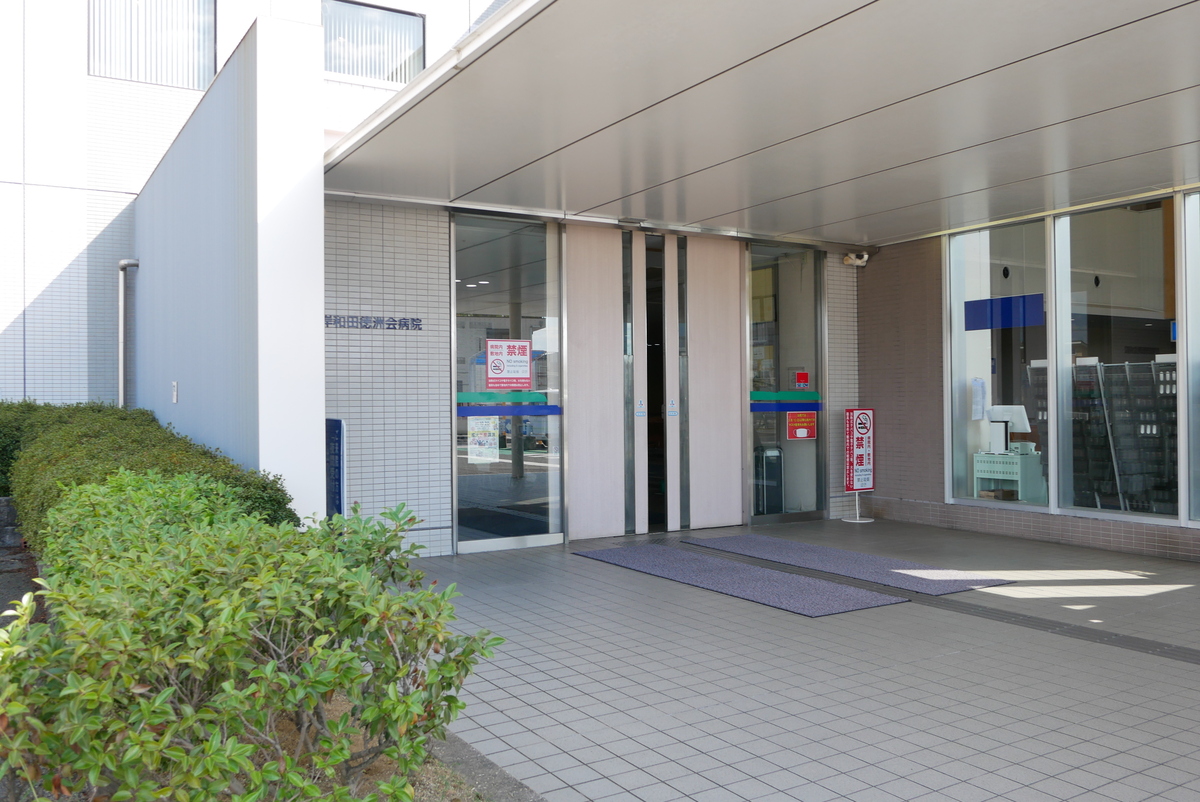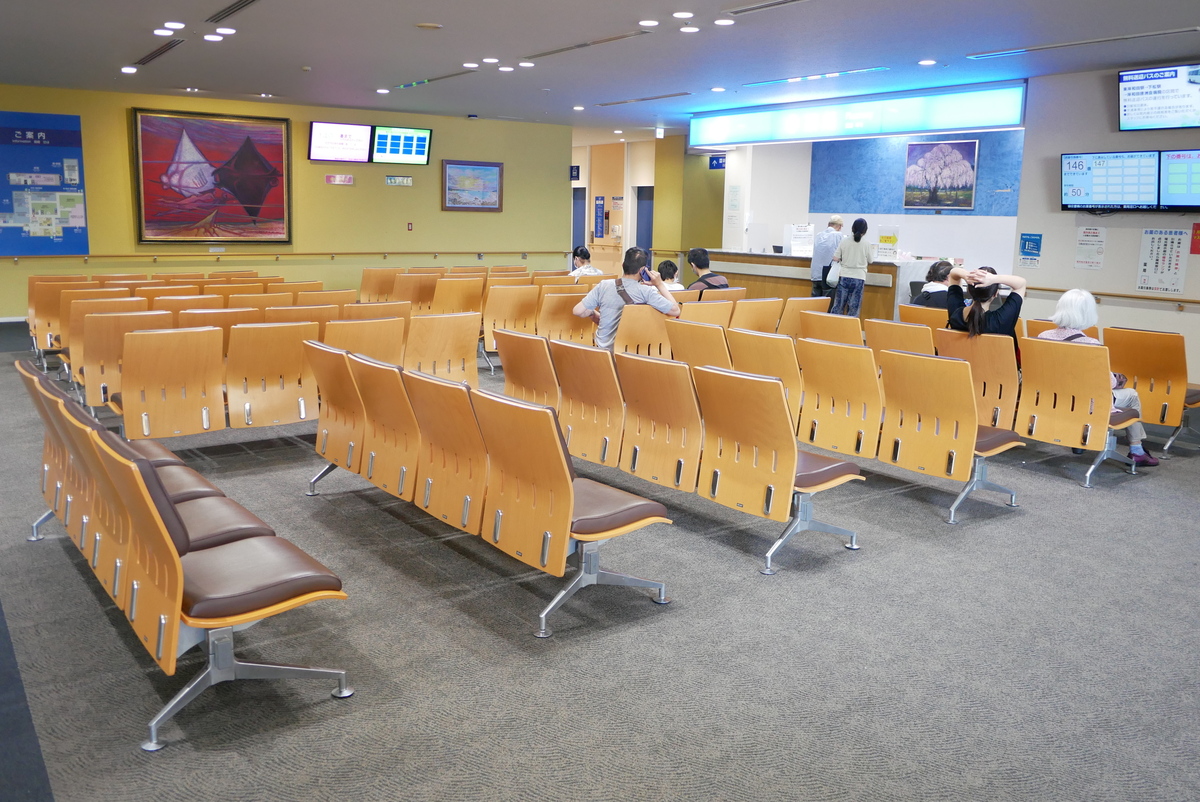Program details
Chemotherapy for Unresectable Colorectal Cancer 【Kishiwada Tokushukai Hospital】
surgery
Kishiwada Tokushukai Hospital(Kinki/Osaka)
Tackling Unresectable Colorectal Cancer
Paving the Way to Cure with Chemotherapy
For colorectal cancer diagnosed as unresectable, systemic chemotherapy aims to shrink the tumor, expand the possibilities for curative surgery, and provide care that prioritizes quality of life (QOL).
- Genres
-
- Department
- Disease
- Examination Items/Treatments/Surgical method
- Region/Organ
- Program Summary
- Systemic Chemotherapy for Unresectable Colorectal Cancer
[Target Diseases] Colon Cancer, Rectal Cancer
For patients diagnosed with unresectable colon or rectal cancer, we implement systemic chemotherapy based on the Colorectal Cancer Treatment Guidelines, enhancing survival prognosis.
Even in cases deemed unresectable, chemotherapy can sometimes shrink the tumor, making curative surgery possible.
When introducing systemic chemotherapy, we collaborate with the palliative care department to provide care with a strong emphasis on improving QOL(quality of life).
- Medical Institutions
-
Kishiwada Tokushukai Hospital
〒596-0042
4-27-1 Kamoricho, Kishiwada City
- Examination Items
- Setup Date
- Excluded days
- Required Days/Hours
- Start/end time
- Eligibility Criteria/Exclusions for Treatment
- Eligibility Criteria
1. Medical Information:
- Diagnosis (e.g., unresectable colon cancer, rectal cancer)
- Cancer progression and presence of metastasis
- Examination results from other institutions (e.g., CT, MRI, PET scan)
- Presence of comorbidities (e.g., heart disease, kidney disease, diabetes)
2. History of Treatment:
- Previous cancer treatments (e.g., surgery, chemotherapy, radiation therapy)
- Current medications (e.g., anticoagulants, antiplatelet agents)
- Presence of allergies or adverse drug reactions
3. Physical Fitness and Age:
- Assessment of physical strength and Verification of baseline physical fitness for chemotherapy
- Consideration of safety and palliative care collaboration for elderly patients or those with underlying conditions
4. Pre-Treatment Evaluation and Systemic Management:
- Confirmation of systemic management through blood tests, liver and kidney function tests, etc.
- Ability to manage side effects and maintain health during chemotherapy
5. Post-Treatment Follow-Up and Palliative Care Coordination:
- Cooperation with regular follow-up during treatment and after surgery, including coordination with palliative care departments
- Providing comprehensive support for improving quality of life and ongoing treatment.
- Precautions / Contraindications
- 【Precautions and Contraindications】
1. Cases Not Suitable for Treatment:
- Patients with severe liver or kidney dysfunction may not be eligible for certain chemotherapy drugs.
- Patients with conditions such as heart disease or respiratory disorders that make them prone to general health deterioration may be unable to tolerate chemotherapy.
- Hypersensitivity or allergies to anticancer drugs require careful management.
2. Risks Associated with Chemotherapy:
- Myelosuppression (e.g., leukopenia, anemia, thrombocytopenia) and gastrointestinal issues (e.g., nausea, appetite loss) are common and require regular monitoring through hospital visits and blood tests.
- Side effects such as peripheral neuropathy (numbness in hands and feet) and hair loss may affect the patient’s quality of life.
3. Infection Risks:
- Chemotherapy-induced immunosuppression increases the risk of infections, requiring immediate medical attention if fever or signs of infection appear.
- Preventive measures, such as regular handwashing, disinfection, and avoiding crowded places, are crucial.
---
# 【Important Pre-Treatment Information】
1. Pre-Treatment Preparation:
- Regular blood tests and liver/kidney function tests are necessary before chemotherapy to ensure the patient can tolerate the medications.
- Dietary counseling and lifestyle adjustments are recommended to mitigate appetite loss and side effects.
2. Side Effect Management and Follow-Up:
- Address chemotherapy-related side effects (e.g., nausea, neuropathy, hair loss) through consultation with the medical team and implement appropriate countermeasures.
- Regular follow-ups with blood tests and health monitoring are essential; promptly report any changes in symptoms or condition to the physician.
3. Lifestyle and Daily Precautions:
- Maintain a balanced diet and engage in moderate exercise to mitigate the effects of immunosuppression.
- Avoid smoking and alcohol and implementing specific stress management strategies.
4. Regular Follow-Up:
- Attend regular outpatient visits for progress monitoring, including blood tests and imaging studies to evaluate treatment efficacy.
- Report any symptom changes or discomfort early to consult with a physician.
5. Emergency Response:
- Contact a medical institution immediately in case of fever, signs of infection, or bleeding.
- Ensure timely access to medical facilities in case of emergencies or the attending physician are readily available for emergencies.




